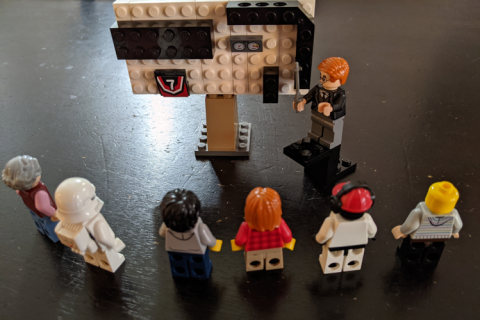Successful stand-up meetings produce effective teams
I'd like to believe that business professionals don't like unnecessary meetings, especially in day to day work. However, over the years I've come to understand that many professionals in all different types of industries simply enjoy being busy. It becomes a safe and familiar justification or excuse for not producing key results or taking big leaps forward. I often hear: I'm too busy, I have too many calls, I'm overwhelmed, I've been in calls all day, I haven't had any time to think, etc. It's easier to be busy than to focus on setting key priorities to make your work impactful.

